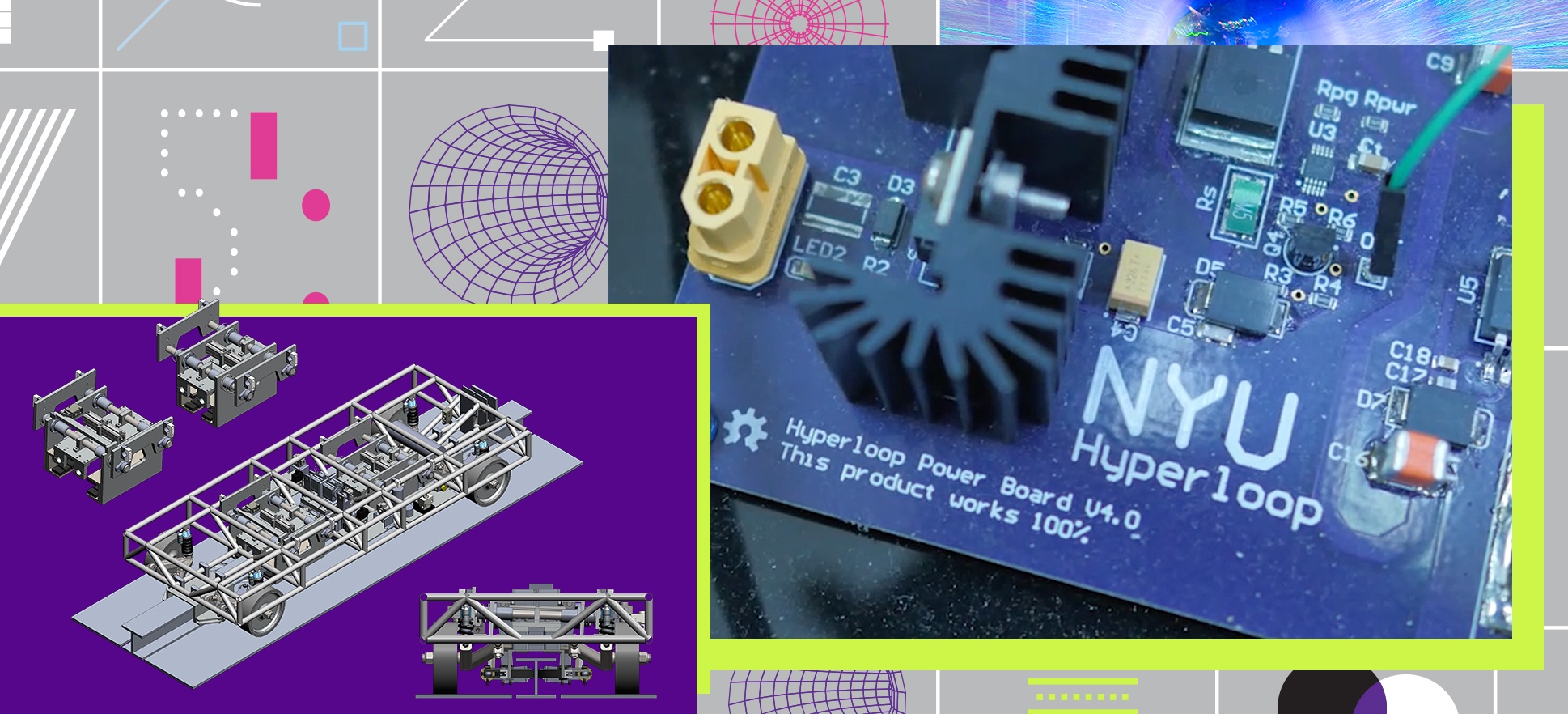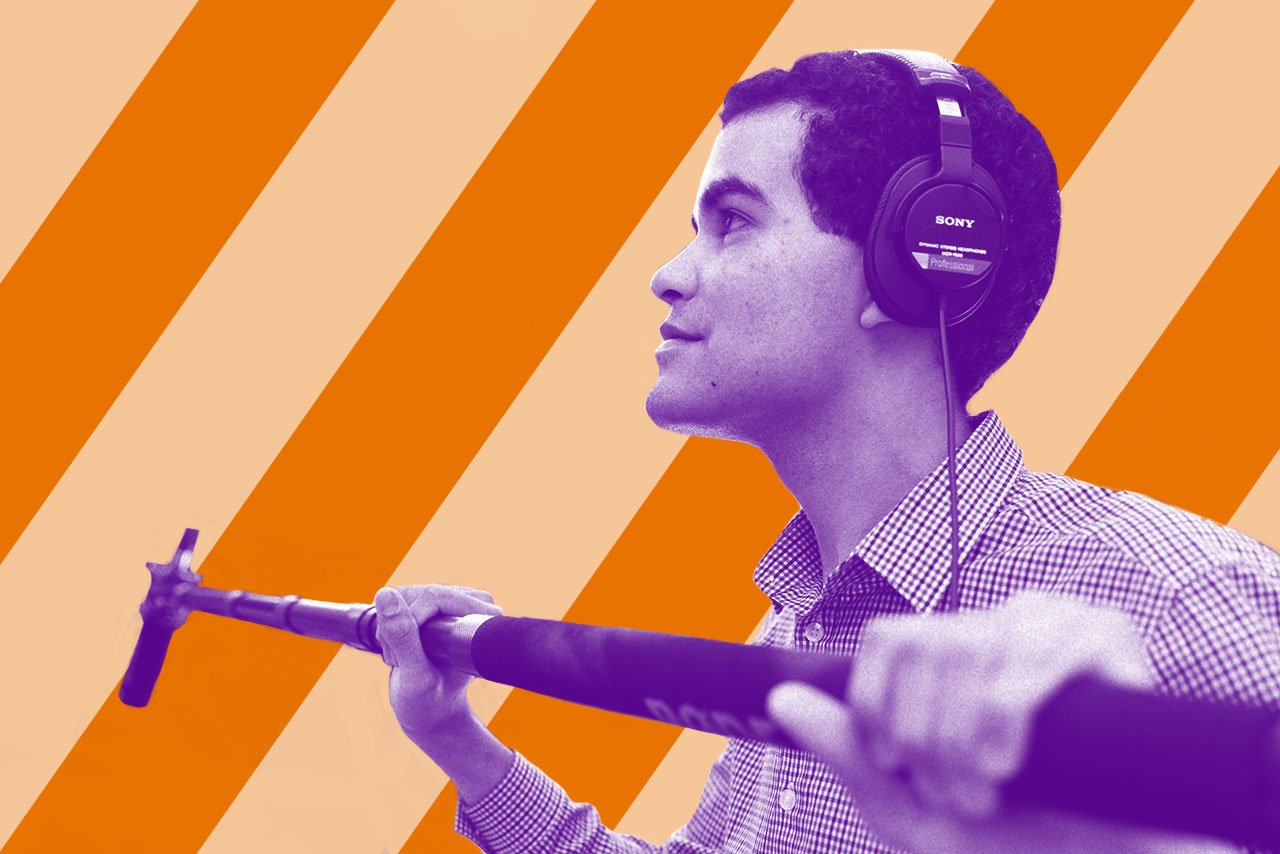Technologies like Alexa and Google Images that we rely on every day. Speech-recognition software that makes YouTube videos accessible to hearing-impaired people. Mobile apps like Leafsnap and Wildbook that use visual recognition techniques to catalog plant and animal species and aid the fight against extinction.
All are based on what is known in artificial intelligence (AI) as “convolutional neural networks,” a set of techniques that NYU professor Yann LeCun invented. Last year, LeCun received the Turing Award, often called the “Nobel Prize of computing,” for his revolutionary contributions to machine learning.
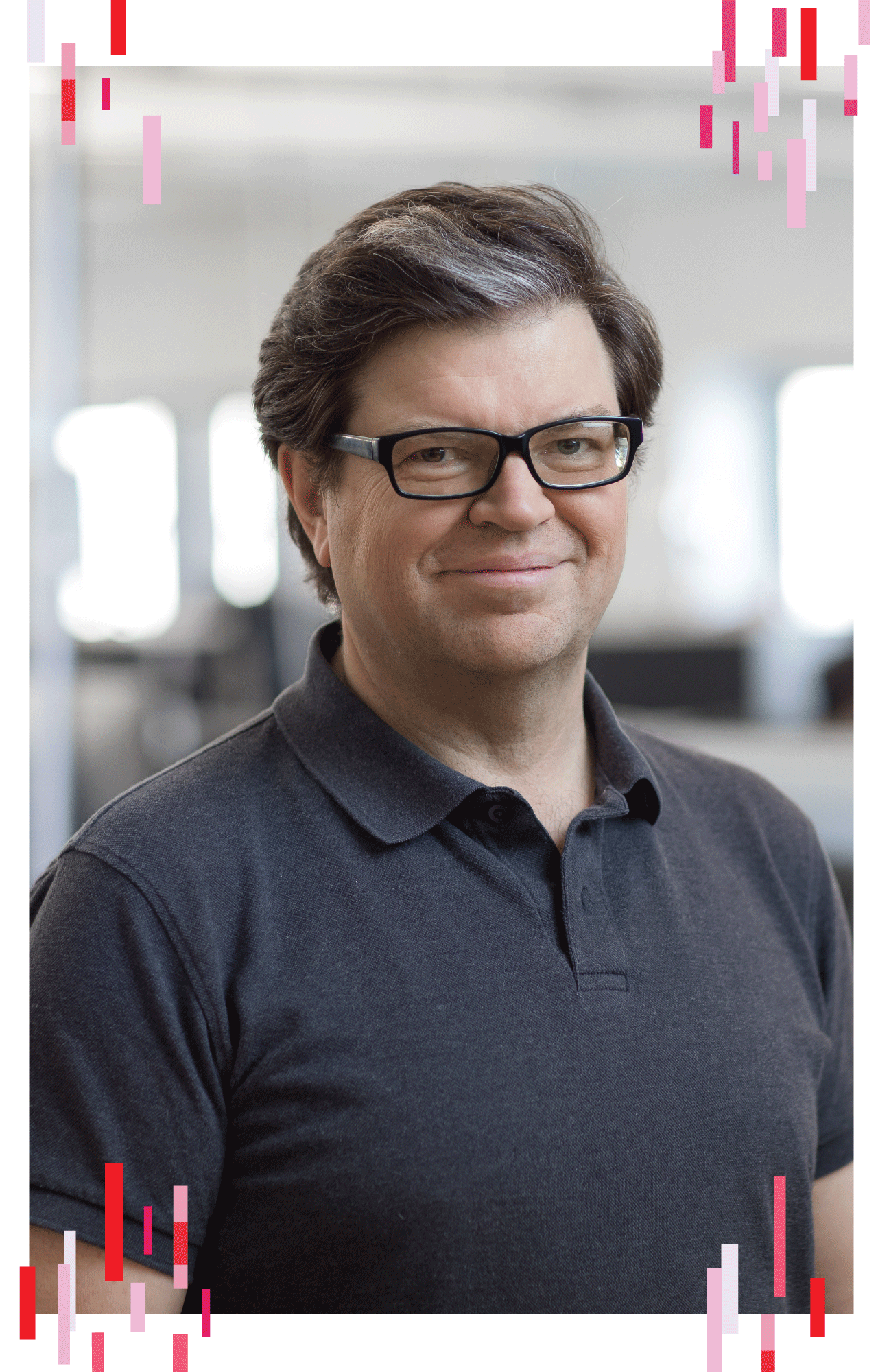
 Teaching Machines to “Think”
Teaching Machines to “Think”
LeCun’s inspiration came from the connections between neurons in the human brain, which become stronger every time we learn something new. In this way, computers too can be said to learn when they are trained to recognize a picture or word, an idea known as machine learning, or deep learning. Driving-assistance systems in cars, for example, use deep learning.
Professor LeCun, who teaches a popular course called Deep Learning every spring at NYU, explains, “The idea is to build a simulated network of neurons and have it learn by changing the connections between units. Let’s say you want to train a machine to distinguish images of cats from dogs. You show the computer a picture of a cat and then wait for the output. If it says cat, you do nothing. If it doesn’t, you adjust the connections so it gets closer to the output you want. After repeating this with thousands of images, the system figures out how to distinguish any cat from any dog, even those it has never seen before.”
 Data Science and AI Learning at NYU
Data Science and AI Learning at NYU
LeCun founded the NYU Center for Data Science after realizing the huge demand for systems that can extract knowledge from data. “The digital world today produces tons of information, but there aren’t enough people to process it,” he says. NYU is one of the few universities where you can major in Data Science as an undergraduate.
According to LeCun, NYU’s position as a pioneer in AI and data science research, along with its location in New York City, make it the ideal place to study the subject. “All the companies involved in AI, including Facebook, Microsoft, Google, and IBM, have major research labs within walking distance of NYU,” he says. “There are so many opportunities for internships, jobs, and university-funded research projects.”
At CILVR (Computational Intelligence, Learning, Vision, and Robotics), the NYU lab where LeCun works on machine learning technology, students can get involved in projects like developing self-driving car technology. Some of Professor LeCun’s former students even work on his team at Facebook, where he is the chief AI scientist and founder of the company’s first research lab.
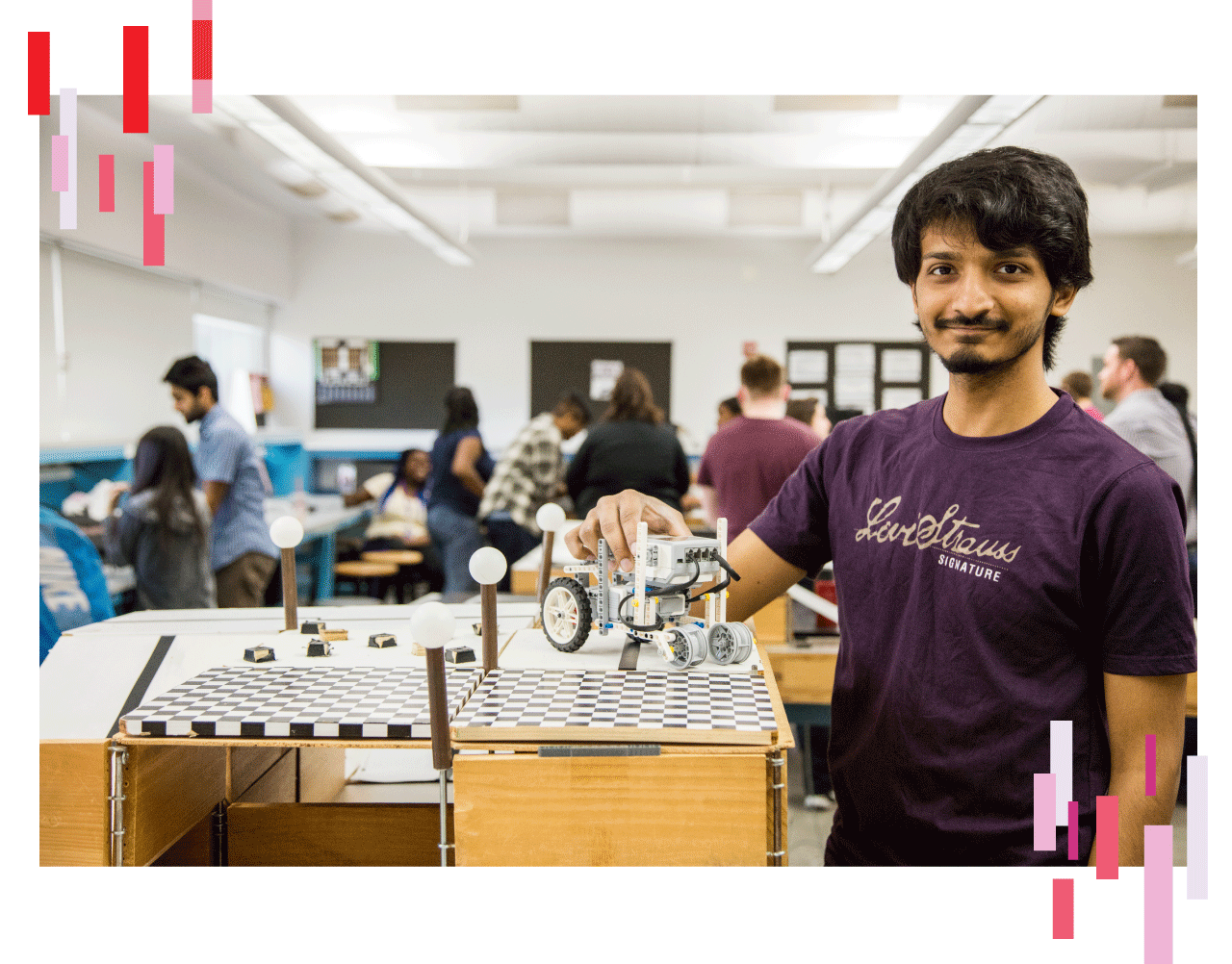
 A Bold New World
A Bold New World
According to LeCun, deep learning has applications in almost every area. He explains, “You can build robots that run around, cars that drive themselves, and virtual reality systems and vision systems that detect tumors in mammograms.” In the last few years, LeCun’s technique has completely taken over the AI field. He says, “Today, when you talk to your phone, it’s a convolutional net that translates your voice into text. When you watch a video on Facebook without sound, the video subtitle production uses this technique.”
So how close are we to a reality in which robots run the world? “The question is how do we get machines to learn like humans and animals,” says Professor LeCun. “We don’t really know how to do this yet, but in principle there’s no reason to believe that machines won’t surpass humans in all capacities within some number of decades.”
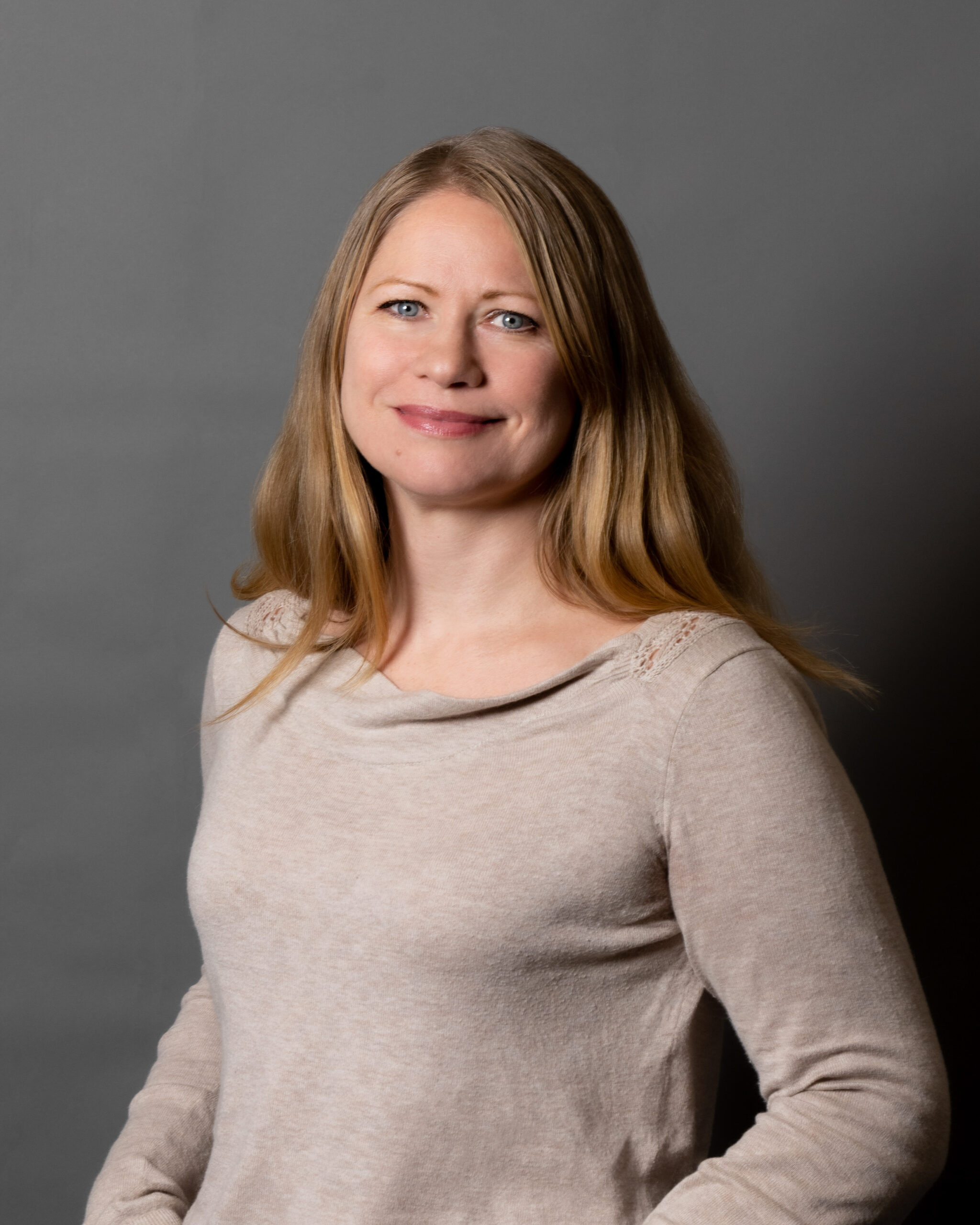
![IMAGE 1: [NYU BOBST CARD CATALOG IS A WOODEN BOX CONTAINING DRAWERS OF INDEX CARDS ]](https://meet.nyu.edu/wp-content/uploads/2019/06/cover-hero2.jpg)
